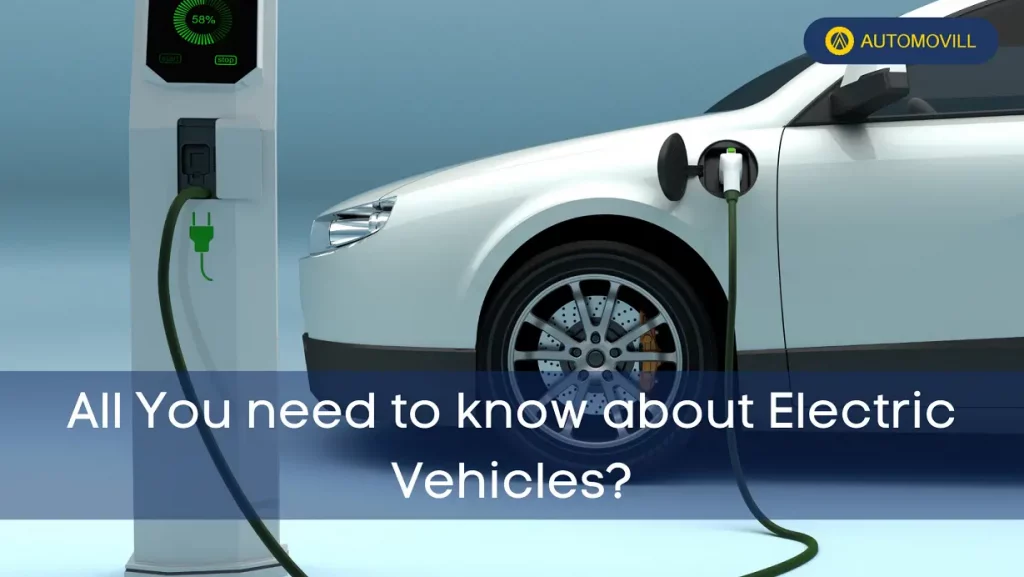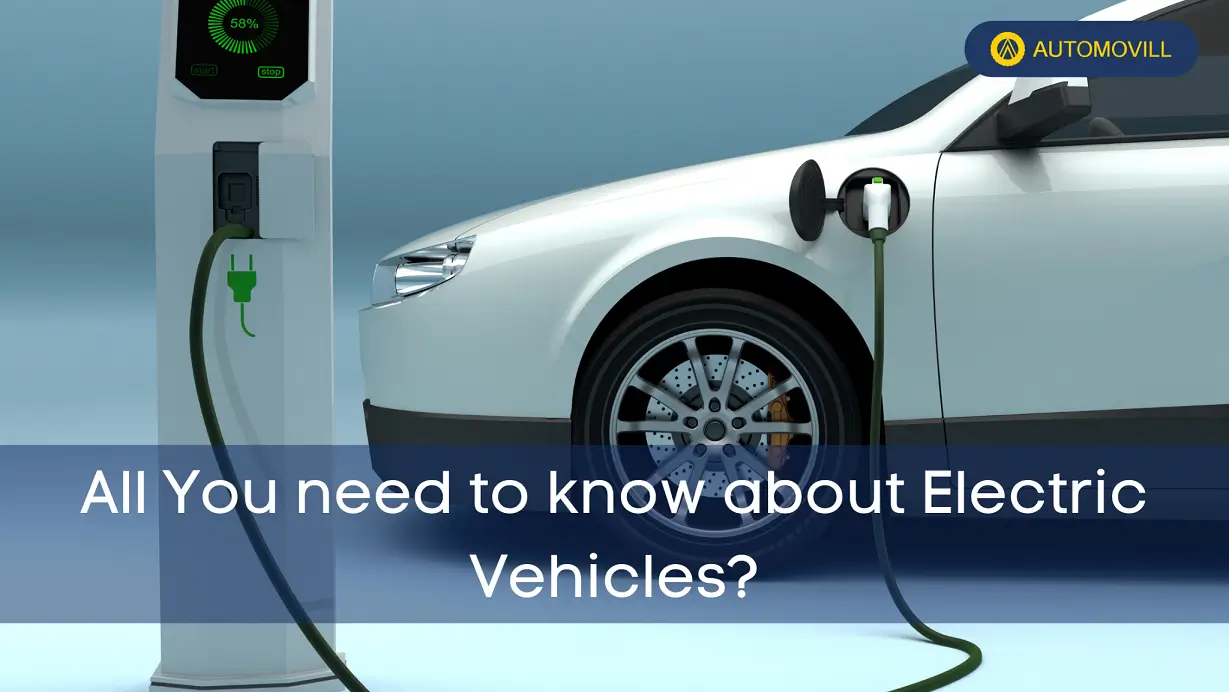
Electric cars (EVs) are becoming more popular, with several manufacturers now producing plug-in models. Over the following few years, many more are likely to join the market. Electric automobiles have sparked developments that appear to be paving the way for a cleaner, greener future.
Despite the fact that some electric vehicles have been on the market for years, such as models from Chevrolet, Ford, Nissan, and Tesla, an increasing number of people are intrigued. Many people may naturally have concerns about how an electric vehicle would fit into their lives. No need to worry anymore, here is a complete guide to all your questions about EVs.
How do they work?
An electric car does not have a petrol tank; instead, it has an onboard battery that is charged using electricity and then stores and uses that energy to power an electric motor and propel the vehicle forward. Electric vehicles accelerate more quickly than vehicles powered by standard gasoline engines, making them feel lighter to drive.

Electric vehicles are also quieter than gasoline or diesel-powered automobiles. Due to wind resistance or tyre noises, they primarily emit a sound when traveling at moderate to high speeds. A basic electric car can now travel more than 400 kilometres on a single charge before needing to be recharged. While this isn’t as far as you could go on a single tank of gas, most travel could still be completed in an electric vehicle.
How to charge an EV?
Electricity is used to charge the onboard battery of an electric automobile, either from a dedicated charging station or from a standard wall socket – the same sockets that power your television or hairdryer.

The speed at which you charge your car is determined by the sort of power supply you’re using. However, there are three types of charging speeds: slow charging (about 5 hours for a full charge), quick charging (approximately an hour), and rapid charging (approximately 20 minutes). Chargers are divided into three categories: Three pin plug, Socketed and Tethered.
What are the benefits of EVs?
There are numerous reasons why someone might desire to purchase an electric vehicle. The environment is one of the most prominent. While electric automobiles are only as green as the electricity that powers them, they are still significantly more environmentally friendly than conventional vehicles.
There are, however, other advantages. Operating costs are reduced because a full charge is much less than a tank of gasoline. Because there are fewer moveable parts, maintenance costs are reduced as well.
The advantages of driving an electric vehicle are obvious. There has never been a better moment to switch to driving an EV, with exciting new technologies presently being researched that promise to reduce charging times to minutes, considerably increase range, and improve safety and automation features.
Types of EVs
There are three types of cars that are classified as “electric.”
- Conventional Hybrids: Hybrids with a fuel tank, such as the Toyota Prius, also feature an electric motor driven by a battery that charges when the vehicle slows.
- Plug-in Hybrids: Plug-in Hybrids feature both petrol and electric motors, but can be plugged in to charge and can drive for a limited period on electric power before the battery is depleted.
- Battery Electric Vehicles: When you think about electric cars, you’re generally thinking of battery electric vehicles. These are only powered by electricity. From established names like Renault to specialty firms like Tesla, several major automobile manufacturers offer one of these.
We’re clearly entering a new era of electric vehicles. The infrastructure that will support them, the cost of building them, and the speed with which they can be charged are all expected to improve considerably in the coming years. Many people will start driving electric cars in the next few years, and governments and energy firms are working hard to make it happen.
